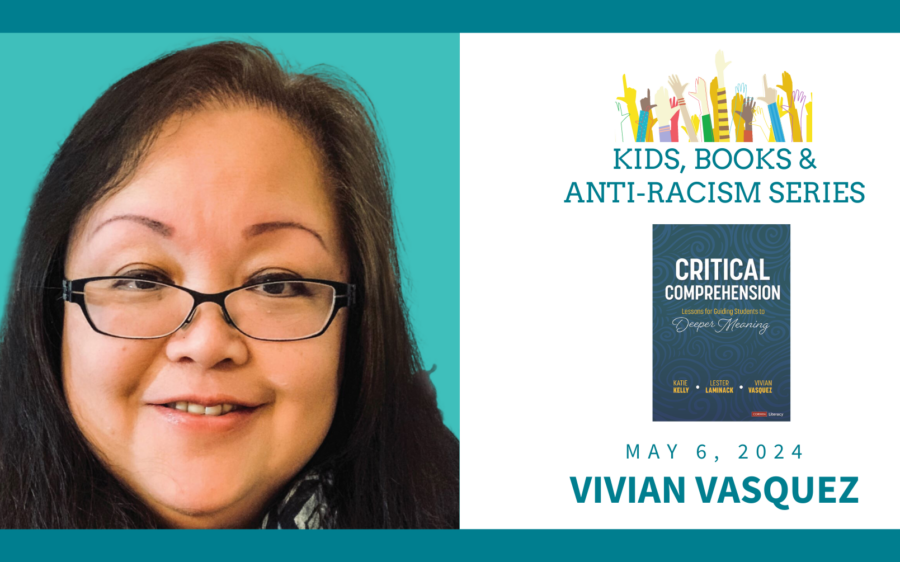Have you ever felt puzzled by trying to discern the difference between the terms, evidence-based and research-based? Or have you ever found yourself feeling intimidated when someone asked you, “But is that program/practice evidence-based?” I know I have. To help me clarify my understanding, I reached out to my colleagues here at the Center and my old friend, Google. I’ve come to the following understandings and a bit of friendly advice – stay curious! Please keep reading if you’re feeling as perplexed as I am.
Clarifying the Difference between Research-Based and Evidence-Based
My current working definition of research-based instruction has come to mean those practices/programs that are based on well-supported and documented theories of learning. The instructional approach is based on research that supports the principles it incorporates, but there may not be specific research or its own evidence to directly demonstrate its effectiveness.
Defining evidence-based practice has been more headache-inducing as the term is frequently and widely used to mean a myriad of things. Currently, I have come to understand that evidence-based practices are those that have been researched with either experimental studies (think randomly assigned control groups), quasi-experimental studies (comparison groups that are not randomized), or studies that were well-designed and well-implemented correlational studies with statistical controls for selection bias. In brief, a specific study (or studies) has been done to test its effectiveness.
By no means are these definitions ready for Merriam-Webster, but they are helping me to make sense of the terms.
So what do you say or ask when “research” is thrown your way?
Recently, I met with a group of literacy coaches and we discussed how to respond when a fellow educator approaches them with “research” either supporting or refuting an instructional practice or program. My best advice to them probably sounded like a Viking River Cruise commercial – “Be curious!” Below are some examples of ways to respond to demonstrate that you are open to learning more.
- Thank you for bringing that information to my attention. Can you share your source of information or the article so I can read it too and we can talk about it together?
- Please talk more about what you have learned (or read or heard). I’m curious to learn more about:
a. Whether the research was published in a peer-reviewed journal or if the research was sponsored by a publisher or other interested party.
b. The sample size or the number of schools/students involved in the study.
c. The demographics of the subjects involved in the study.
d. The type of research conducted.
3. I’m wondering how many studies have been conducted that replicate those results.
4. That research sounds important. Can you share the source with me? Perhaps it will be helpful for our grade level team to read it and discuss the findings together.
As educators, we are always looking for the most effective ways to support our students. Stay open to new findings and be sure to slow the process down so you probe deeper to learn if there truly is current research to back what people are claiming. Then be sure to evaluate the credibility of the source of information, the methods or processes used to critique or research, and don’t forget to rely upon trusted sources like What Works Clearinghouse. You might also appreciate a lecture presented by Maren Aukerman that discusses comprehensive, research-informed literacy instruction. The more you dig, the more you may find that many practices and programs touted as evidence-based are either based on personal anecdotes and stories or the research base is flimsy at best.





